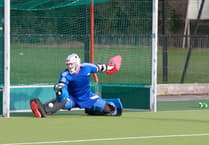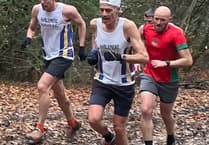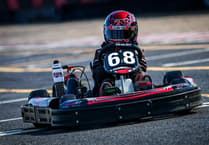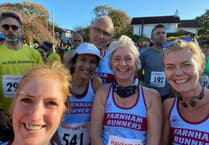TRAINING and coaching are different aspects of learning the art of paragliding or hang gliding.
Newcomers to the sport of foot-launched free-flight are encouraged to undergo formal training with a commercial school to gain their Club Pilot (CP) rating.
This is usually achieved after seven to ten days of rigorous instruction, following a strict syllabus set down by the British Hang Gliding & Paragliding Association (BHPA) – the sport’s governing body.
All schools in the UK are registered with, and regularly inspected by, the BHPA to ensure best practice and high levels of safety.
Only when the senior instructor is satisfied the trainee has mastered the required competencies – which include passing a theory exam – will the CP be awarded.
The flying career of the novice pilot then begins!
Newly-qualified pilots are directed to join their local club.
The clubs are run by volunteers who manage flying within the area and provide support to members.
Some club members will be qualified coaches who give their time freely to ensure the safe progression and development of pilots.
The Sky Surfing Club has a number of club coaches who are only too willing to advise and mentor newcomers and help them progress – novice pilots are easy to spot as they sport a fetching red streamer from their harness or wing until they achieve a minimum of ten hours’ airtime.
The club is fortunate to have some slopes – such as the Butser Hill South – which are “novice friendly”.
On days with a light, steady breeze it is not uncommon to see post-school CP pilots practising launches and making “short hops” as they develop skills and adapt to flying in a club environment.
Brian Parkins




